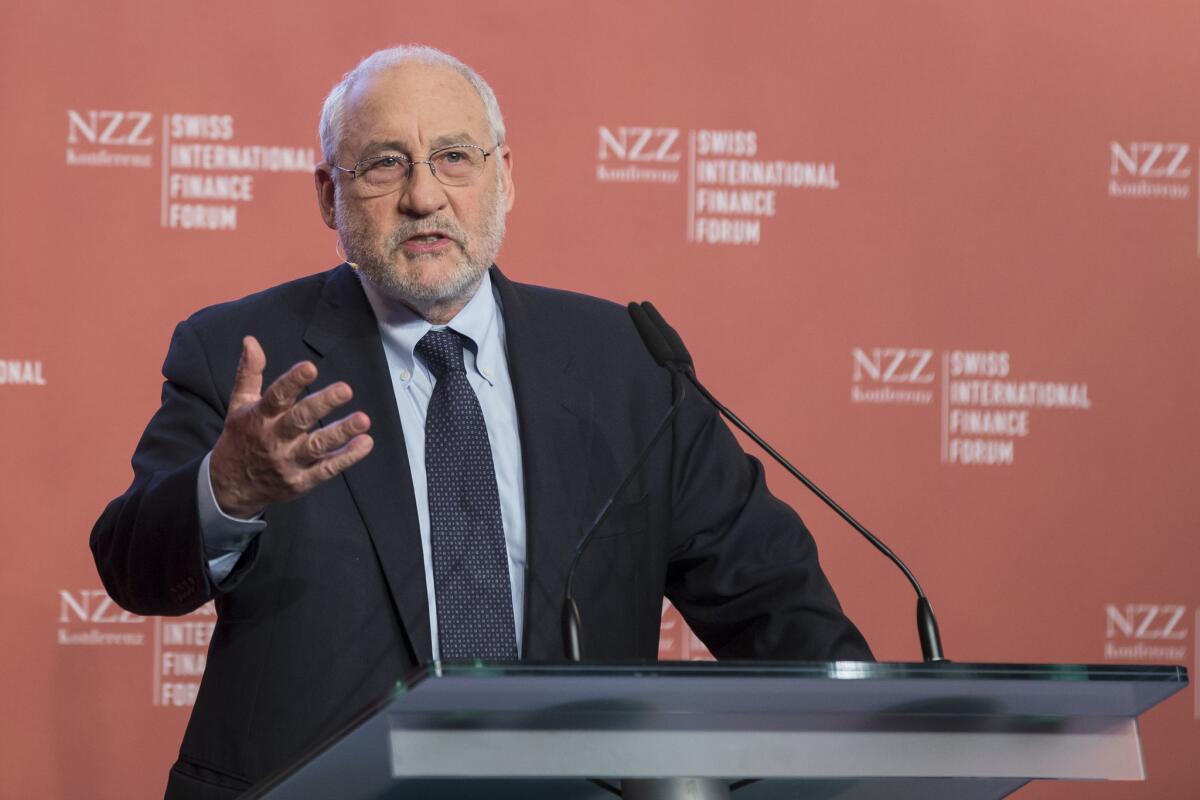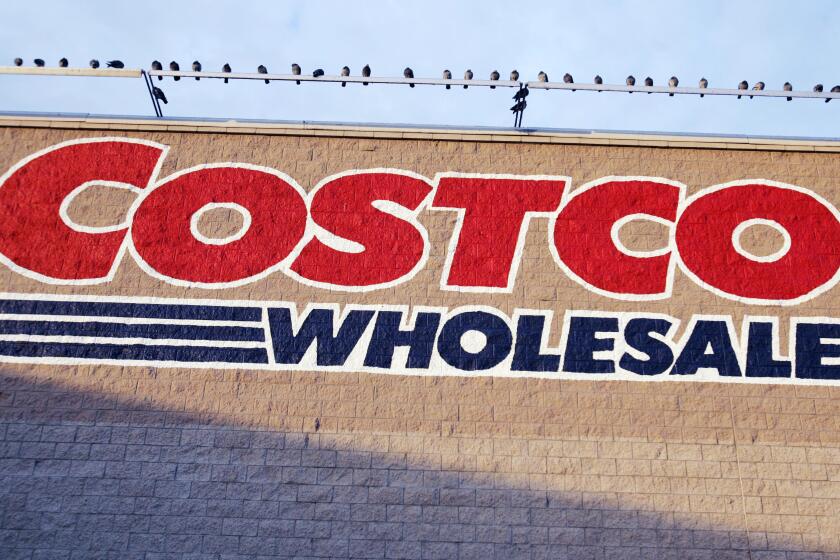A Nobel laureate punctures the myth of the American ‘golden age’

Nobel economist Joseph E. Stiglitz has taken aim at the enduring and dangerous myth that the postwar years ushered in an American golden age of opportunity that can, or should, be recaptured today.
In the current Politico Magazine, Stiglitz offers an alternative picture, seen through his experience as one of our outstanding critics of rising income inequality.
In the Gary, Ind., in which he grew up in the 1940s and ‘50s, Stiglitz writes, “smokestacks poured poisons into the air. Periodic layoffs left many families living hand to mouth. Even as a kid, it seemed clear to me that the free market as we knew it was hardly a formula for sustaining a prosperous, happy and healthy society.”
Gary was a steel town, dominated by US Steel, where “to break strikes—to ensure that workers did not fully share in the productivity gains being driven by modern technology—the big steel companies brought African-American workers up from the South who lived in impoverished, separate neighborhoods.”
Yet when he left home to study economics (at Amherst and then MIT), “The standard economic texts of the time seemed to be unrelated to the reality I had witnessed growing up in Gary. They said that unemployment shouldn’t exist and that the market led to the best of all possible worlds. But if that were the case, I decided, I wanted to live in a different world.”
Stiglitz’s insights are indispensable because conservative economic doctrine today holds up that bygone period as one in which laissez-faire policies produced prosperity for all. As he sees it, however, that period established the foundations of today’s increasing economic inequality.
What appeared to be the product of “trickle-down” economics, in which “job creators” (capital owners) were left to work their magic and the rising tide lifted all boats was in fact something very different: “A time of war-induced solidarity when the government kept the playing field level, and the GI Bill of Rights and subsequent civil rights advances meant that there was something to the American dream.”
Those pillars of equality have been chipped away, or kicked away, by a political system that increasingly bows to the 1%. One need look no further than the pair of decisions handed down Monday by the Supreme Court to see this trend in action.
In the Hobby Lobby decision, the court validated openly discriminatory health coverage benefits based entirely on the religious views of employers; in the Harris decision, the court invalidated an effort by the state of Illinois to expand union-driven workplace benefits to a group of chronically underpaid and exploited workers, home-care providers. The Harris decision indicated, appallingly, that a plurality of the court is prepared to weaken organized labor even more drastically, given the opportunity.
The rising economic tide cited by John F. Kennedy in a 1960 campaign speech became, only a few years after his presidency, a very selective tide indeed. (See the accompanying graphic.)
The truth is that the economic growth and equality of postwar America were very much the product of government efforts to keep the worst instincts of big business and the wealthy at bay.
Franklin Roosevelt’s New Dealers understood that economic growth that enriches the few will ultimately stagnate. In the words of Adolph Berle, the expert on corporate economics who was a member of FDR’s brain trust, “When nearly seventy per cent of American industry is concentrated in the hands of six hundred corporations; when more than half of the population of the industrial east live or starve, depending on what this group does…the individual man or woman has, in cold statistics, less than no chance at all.”
The Supreme Court of that era, like the court today, moved too far down the road in favor of the wealthy and privileged, overturning not only several New Deal initiatives but a state minimum wage law in New York, which it viewed as an infringement of employers’ rights.
That court realized in the nick of time that it was losing public credibility because of its disconnection from economic and legal realities and was losing public credibility, and reversed itself. Today’s court hasn’t yet absorbed that lesson. But it must, as must our political and business leaders, if an American golden age is to appear at last.
Keep up to date with The Economy Hub by following @hiltzikm.
More to Read
Inside the business of entertainment
The Wide Shot brings you news, analysis and insights on everything from streaming wars to production — and what it all means for the future.
You may occasionally receive promotional content from the Los Angeles Times.











